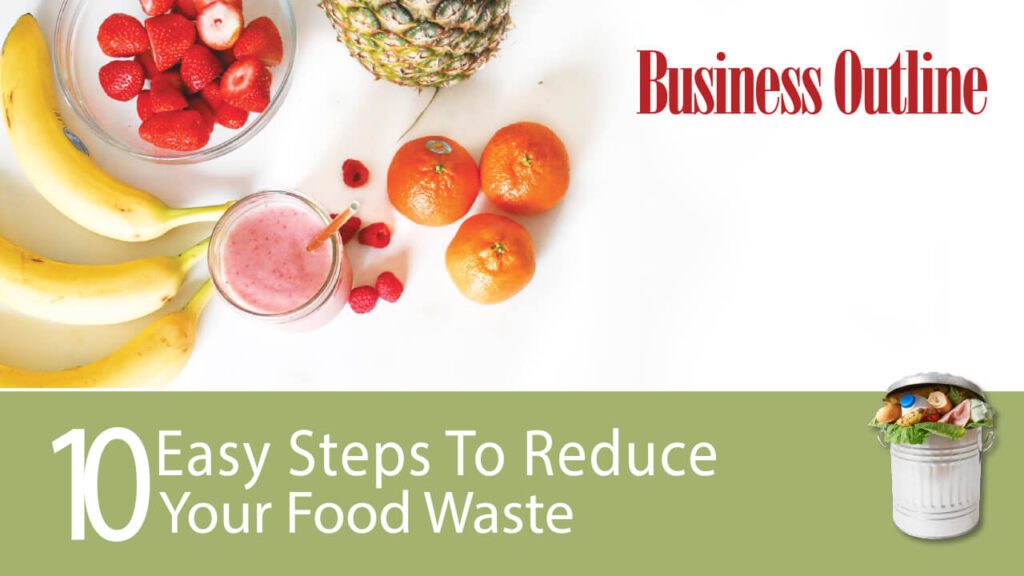10 Easy Steps to Reduce Your Food Waste
Food waste is a significant problem that affects not only our wallets but also the environment. Reducing food waste is an easy and impactful way to save money, conserve resources, and contribute to a more sustainable world. Here are ten easy steps you can take to reduce your food waste:
- Plan Your Meals
Planning your meals for the week can help you buy only what you need and avoid impulse purchases. Create a shopping list based on your meal plan and stick to it to prevent buying excess food that may go to waste. - Store Food Properly
Proper storage can extend the life of your food. Use airtight containers for leftovers, keep fruits and vegetables in the right compartments of your refrigerator, and learn which items can be frozen for later use. Understanding how to store different types of food can make a big difference. - Understand Expiration Dates
Expiration dates can be confusing, often leading to perfectly good food being thrown away. “Best before” dates indicate peak quality, not safety. Use your senses to determine if food is still good to eat. When in doubt, remember: “If it looks good, smells good, and tastes good, it probably is good.” - Use Your Freezer
Your freezer is a powerful tool for reducing food waste. Freeze leftovers, bread, fruits, vegetables, and even herbs. Freezing preserves food and allows you to enjoy it later, preventing it from spoiling in the meantime. - Get Creative with Leftovers
Transforming leftovers into new meals can be fun and delicious. Soups, stir-fries, salads, and casseroles are great ways to use up leftover ingredients. Get creative and experiment with new recipes to avoid food fatigue and waste. - Compost Food Scraps
Composting is an excellent way to recycle food waste. Composting vegetable peels, coffee grounds, eggshells, and other organic matter creates nutrient-rich soil for your garden. If you don’t have a garden, many communities have composting programs that you can participate in. - Buy “Ugly” Produce
Many fruits and vegetables are discarded simply because they don’t meet cosmetic standards. Buying “ugly” produce helps reduce waste and supports farmers who might otherwise throw these items away. Often, these imperfect items are just as delicious and nutritious as their prettier counterparts. - Serve Smaller Portions
Serving smaller portions helps reduce the amount of uneaten food left on plates. You can always go back for seconds if you’re still hungry. This practice not only reduces waste but also encourages mindful eating. - Track Your Waste
Keeping a food waste diary can help you understand how much food you waste and why. By tracking your waste, you can identify patterns and areas for improvement. This awareness can lead to more conscious shopping and cooking habits. - Donate Excess Food
If you find yourself with surplus food, consider donating it to a local food bank or shelter. Many organizations accept non-perishable items, and some even take fresh produce and prepared meals. Donating food helps those in need and prevents good food from ending up in the landfill.
Conclusion
Reducing food waste is an easy and impactful way to contribute to a more sustainable future. By planning your meals, storing food properly, getting creative with leftovers, and implementing other waste-reducing practices, you can make a significant difference. Start with these ten steps and inspire others to join you in the fight against food waste.
Read More: Business Magazine India


